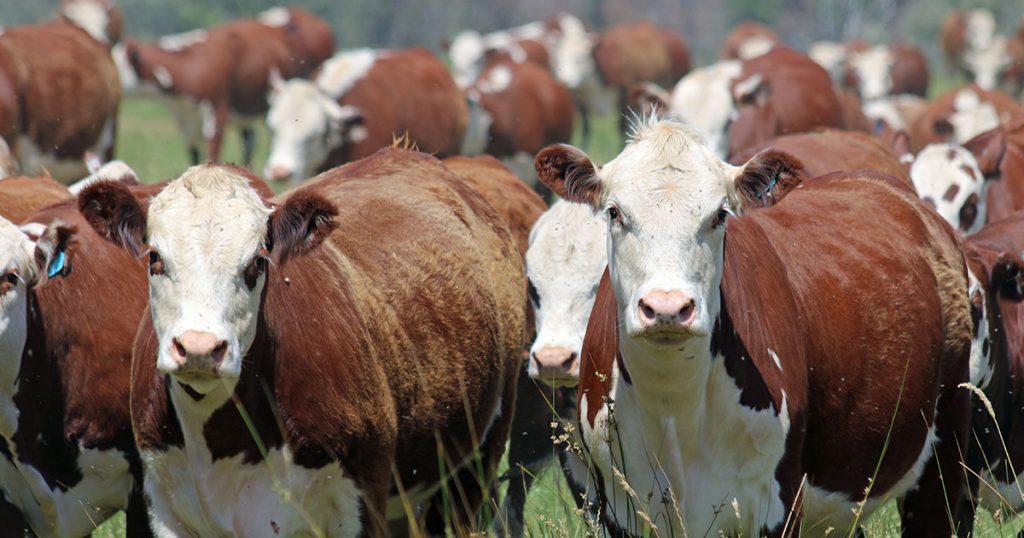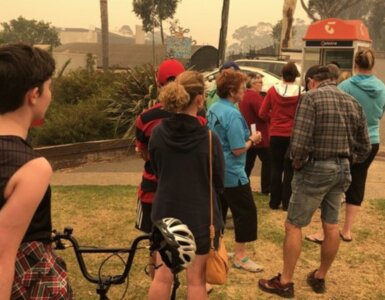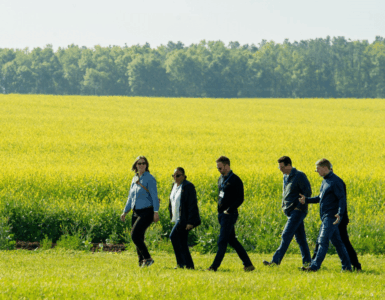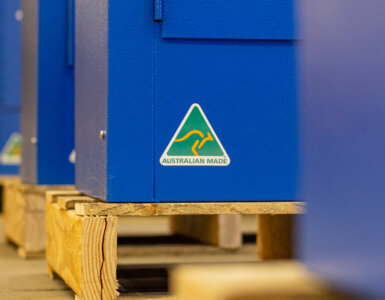Our red meat sector is blazing a trail of emission reductions, which could see Australia have the first carbon-neutral beef production system in the world.
The result was published in the Red Meat Advisory Council’s (RMAC) 2019 Annual Update which attributed the top notch cuts to improved landscape management, including enhancing the mixture of trees and pastures and reduced land clearing.
“Australian agriculture has set a goal in the National Farmers’ Federation’s Roadmap for all-of-agriculture to be trending towards carbon neutrality by the year 2030,” NFF President Fiona Simson said.
“The red meat industry, through Meat and Livestock Australia, has gone further and committed to being carbon neutral by that year.”
Ms Simson said emissions had been reducing over the past decade in each stage of the red meat supply chain.
“This report demonstrates that we are on track to achieving our ambitions, while boosting productivity.
“It also recognises the contribution cattle producers make by sustainably managing almost half of the Australian landscape and the significant contribution the sector has made to the national emissions profile.”

RMAC Chair Don Mackay said it sent a clear message to consumers, investors and the wider community that the industry was committed to improving the environment while producing high quality and nutritious beef.
“With industry, policy and research focus Australia can be the first country in the world to have a carbon neutral red meat production system,” Mr Mackay said.
“The 2019 Update for the first time benchmarks our industry’s commitment to achieving the right balance of tree and grass cover and shows that forest and woodlands on beef producing land are increasing, and removal of primary forests have declined more than 90 per cent since 1990.”
The report disclosed that the amount of land coverage from trees and shrubs, including remanent and regrowth has increased each year from 2017 in beef producing areas.
Tess Herbert, who chairs the Australian Beef Sustainability Framework, says as well as celebrating achievements the Annual Update was also about identifying where further work was required and outlining Framework plans to support this work.
“The industry will now begin to develop targets, which will take the framework from a tool primarily to measure and report sustainable beef production, to one that helps direct change and encourage more action on sustainability,” Ms Herbert said.







































Add comment